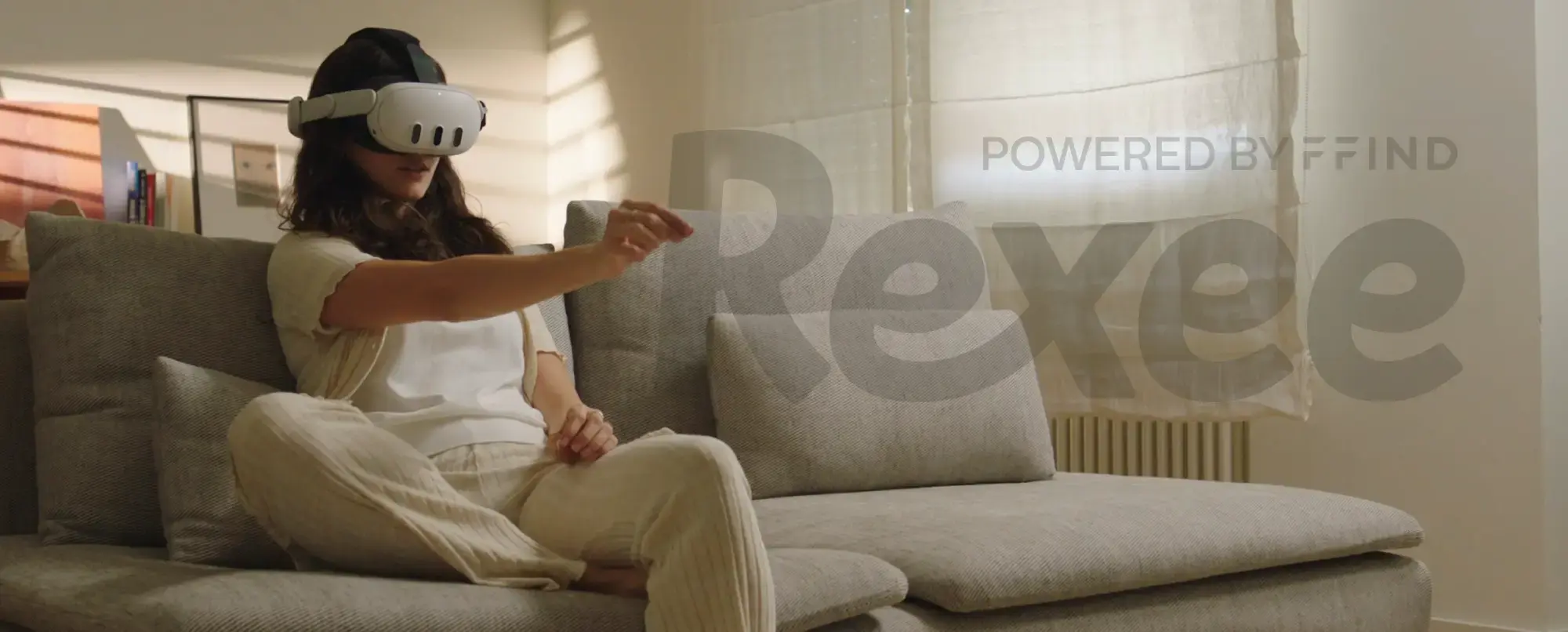
Artificial Intelligence In Market Research Using Voice Assistant
Artificial Intelligence in Market Research is not exactly a fresh news. For a few years now, we heard talking about Big Data, Machine Learning, Social Listening, that are all data analysis tools which exploit, almost independently, “intelligent” algorithms that are able to become more intelligent with time. Yet nobody or at least very few people have already applied Artificial Intelligence of vocal assistants to market research.
In IFF International we deal with international CATI (telephone market research), but we also deal with CAWI (online surveys) using CubeSurvey method. The methodology I trust less is undoubtedly the Panel Research, mainly because respondents main aim is to accumulate points and and to convert them into rewards: they are likely to pretend to be who they are not and to answer questionnaires even if they are not qualified for them.
Voice is the most ancient and most powerful means of communication on earth. Think about the Radio, the forerunner of any modern media that at the beginning of XX century was used by political leaders. The first radio dates back to 1894. A little over a century later Apple Store started the distribution of Siri, the independent vocal assistant that in 2010 was acquired by Apple and has become the most famous vocal assistant in the world.
What happens when we talk with a vocal assistant?
Today everybody, or almost everybody, has a vocal assistant. Let’s say that whoever owns a smartphone owns also a vocal assistant. People use it mainly for (in order of importance):
- Finding info on the web
- Finding addresses on the maps
- Getting weather forecast
- Making phone calls.
Considering that about 80% of smartphone users exploit this potential, we realize how this technology will soon become even more intelligent. And the more intelligent it will be, the more it will be normal for us talking with artificial voices. As a consequence, in a not so remote future – I dare say within 2022 – having a conversation with our vocal assistant will be even pleasant, because it will have a more and more sophisticated voice and it will learn to know us.
Have you ever seen Her? It’s a movie of 2014 directed by Spike Jonze, where in a dystopian future a man buys a “woman” Artificial Intelligence based upon his own character and ends up getting madly in love with it. Now, this is a quite extreme vision, but it describes exactly the idea of exponential growth of AI. Already in 1950 Asimov in I Robot had not only theorized the three laws of robotics, but had also foreseen the speed of the evolution of this digital brain.
Even if we are adults and reputable managers, we become little kids when we ask Alexa to sing us a song or to Siri to tell us a joke. Therefore, if I’m asked to answer in brief the question «what happens when we talk to a vocal assistant», I would say:
- Artificial Intelligence memorizes our question, the way we grammatically composed it, the tone of voice we used, seeks the answer and gives it to us.
- We limit the use of our hands, perhaps while we are driving or having a shower.
- We have fun, we entertain, we amuse, in brief our brain releases a fair amount of dopamine, very similar to when we relax browsing the newsfeeds of our Social Networks or we have a chat with a nice friend.
Why Artificial Intelligence of a vocal assistant will become a survey tool?
Let’s recapitulate what we have said so far. We are at the beginning of something that is about to get very similar to those realities described by literature and cinema. AIs are already used in market research. We are getting more and more used to talk with vocal assistants. We know that the telephone interviewer during a survey must not influence the answers of the respondent. As a consequence, if from one hand a vocal assistant could be the perfect interviewer, on the other hand we are aware that human intervention is the real irreplaceable value which makes telephone survey the most accurate and in-depth methodology.
Please bear in mind that, whatever the methodology is, the duration of the survey affects very much the percentage of completed interviews. In my humble opinion the experiments I am making for the use of AI in telephone interviews is likely to bring surprising results in the short term. At the moment we are using an Alexa-centered system, but that does not necessarily mean that tomorrow we will not create our own system
If you are wondering «Ennio, why are you doing that? To save on cost of interviewers?» , I would answer not at all! I do not believe this technology will imply great savings, on the contrary it will involve huge costs of hosting, programming and management. We are making a significant investment because I believe in that technology and because I think this kind of system will support our call center, reducing remarkably, when not halving, the time for the realization of some studies.
If you want to have a talk about that, write me at e.armato@iff-international.com
Ennio Armato, Branch Manager Italy
Other Articles
-
Rexee15 October 2025
ESOMAR Congress 2025: FFIND presents the shelf test in VR
What if you could run a full shelf test — products, aisles, cart and all — without the need for physical stores or flat 2D mock-ups? That’s our latest development with Rexee, our ... -
Rexee28 April 2025
Transform Data Collection with XR: Rexee’s virtual reality market research
In today’s world, market research is expected to deliver more — greater authenticity, deeper engagement, richer insights, and higher-quality data. As consumer behavior evolves and ... -
Rexee24 September 2024
ESOMAR 2024: FFIND presents Rexee, the new frontier of market research in XR
On September 9th, we were speakers at the ESOMAR Congress 2024, the global benchmark for those working in market research, data, and insights. Every year, this event brings togethe...


